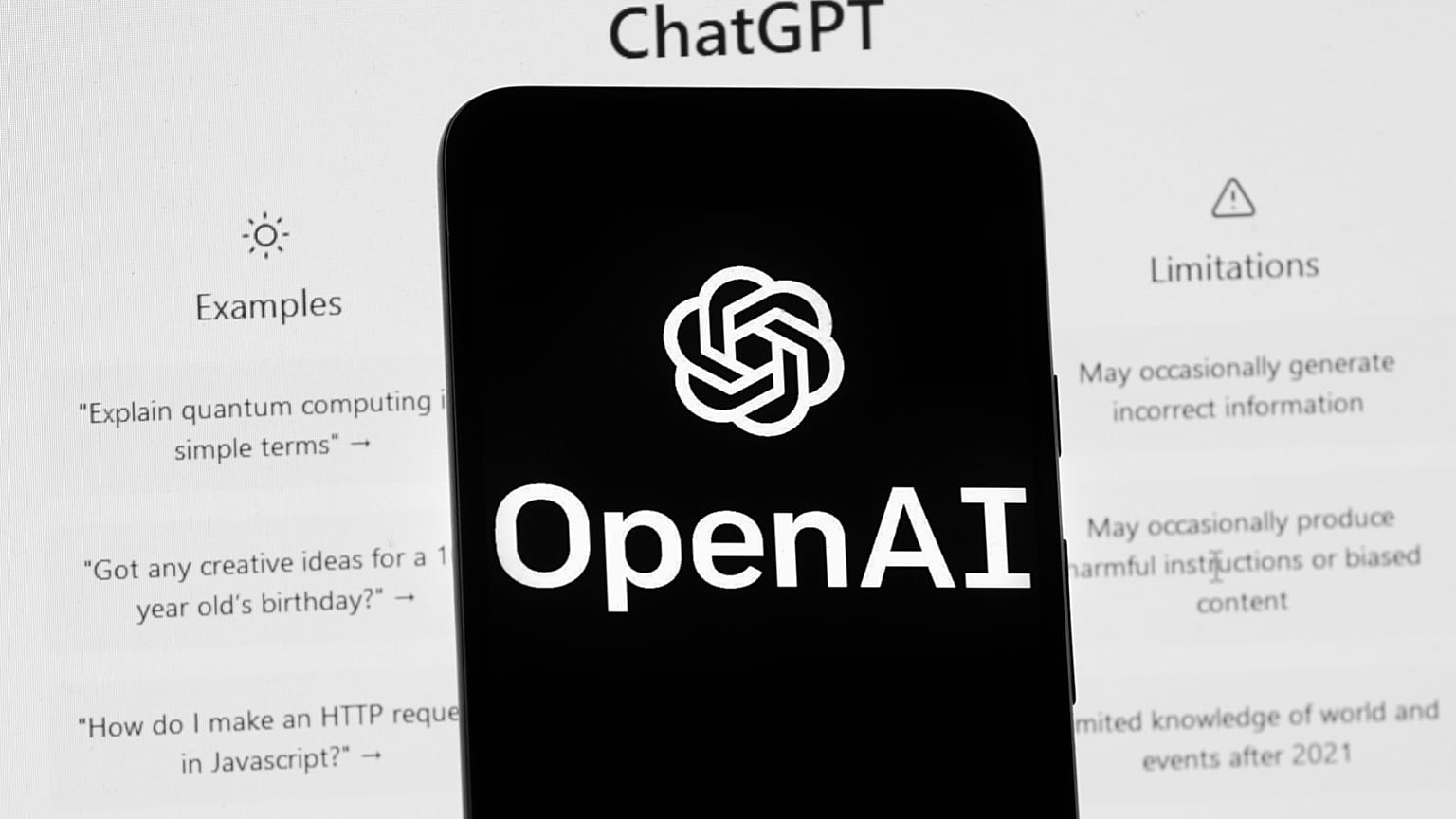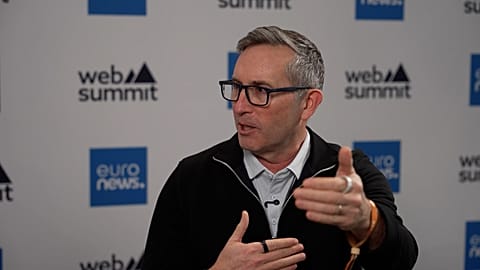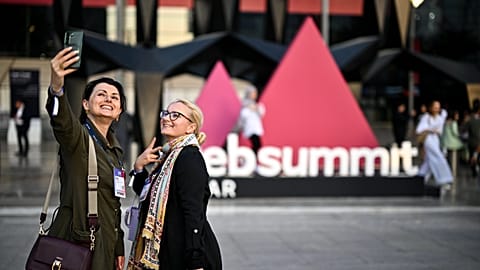In a first-of-its-kind study, ChatGPT’s parent company OpenAI says it knows what people are asking its chatbot to do.
People mostly use ChatGPT for everyday tasks, according to a new study by the artificial intelligence (AI) chatbot maker OpenAI.
A random sample of 1.5 million conversations between users with ChatGPT between May 2024 and June 2025 was analysed to track how people are using it, for the study that the company calls “the most comprehensive study of actual consumer use of AI ever released.”
It found that the chatbot was used 30 per cent of the time for work-related tasks and 70 per cent for non-work-related tasks.
The most common non-work conversations typically focus on “everyday tasks” that create “economic value,” in people’s personal and professional lives, it said.
In three out of four conversations, the focus of the prompt for ChatGPT was on “practical guidance, seeking information and writing,” the company wrote.
Almost half of all the messages were classified as “asking” ChatGPT a question, which means users “value ChatGPT most as an advisor,” rather than just for task completion, the study said.
Any prompts that asked ChatGPT to complete a task such as writing text, planning or programming, made up about 40 per cent of the messages. The other 11 per cent were tasks that involved “personal reflection, exploration and play”.
Just under 2 per cent of all messages were related to companionship or social-emotional issues, the report found.
Writing dominates professional tasks in ChatGPT
Those who use the chatbot for work-related questions are more often “educated users in highly-paid professional occupations,” who use it as an advisor or researcher instead of asking it to do the entire task from start to finish, it added.
Writing was the largest share of professional tasks that the chatbot was asked to do, but most of the time it was asked to modify user text either through editing, critiquing or translating instead of generating new text from scratch, the study found.
Other work tasks, such as coding and self-expression, are still “niche” activities that the chatbot performs, the company added, with just 4 per cent of all queries to ChatGPT related to computer programming.
One of the key benefits of using ChatGPT in a work scenario is supporting a user with their decision-making because the app “improve[s] judgment and productivity, especially in knowledge-intensive jobs,” OpenAI said.
The report also noted that women are starting to use ChatGPT more than they used to. It said a previously reported gender gap has “narrowed dramatically,” with 52 per cent of the chatbot’s users having female-sounding names in 2025, up from 37 per cent in 2024.
To study the messages, OpenAI used automated tools that categorised the nature of the conversation so humans didn’t need to review the content.
Harvard economist David Deming teamed up with OpenAI’s Economic Research team to analyse the content.


















